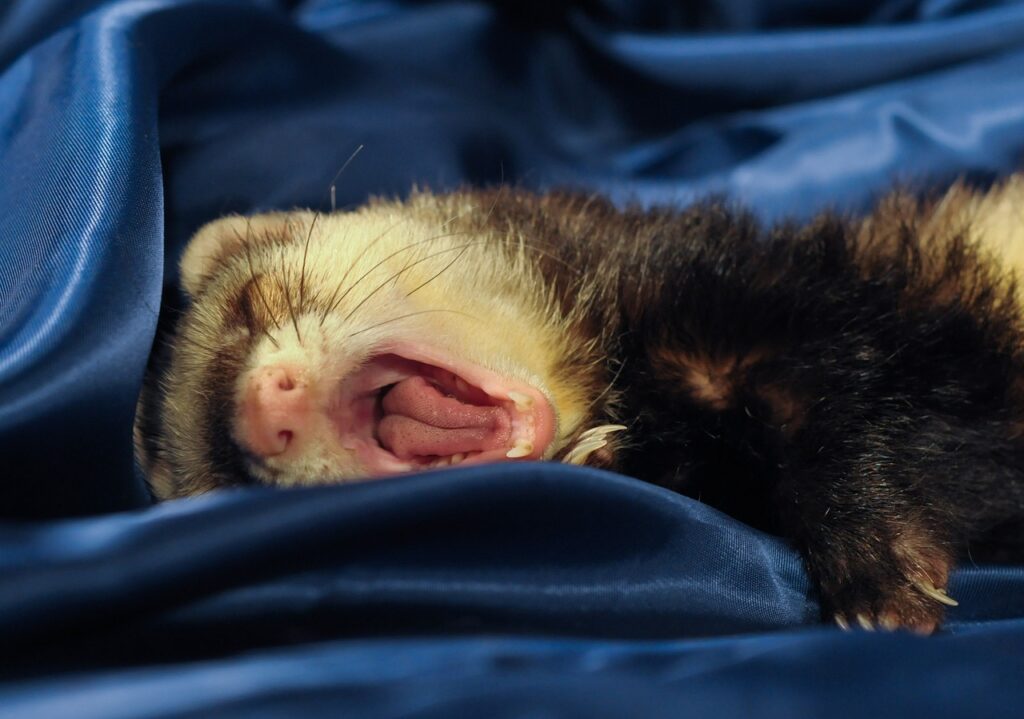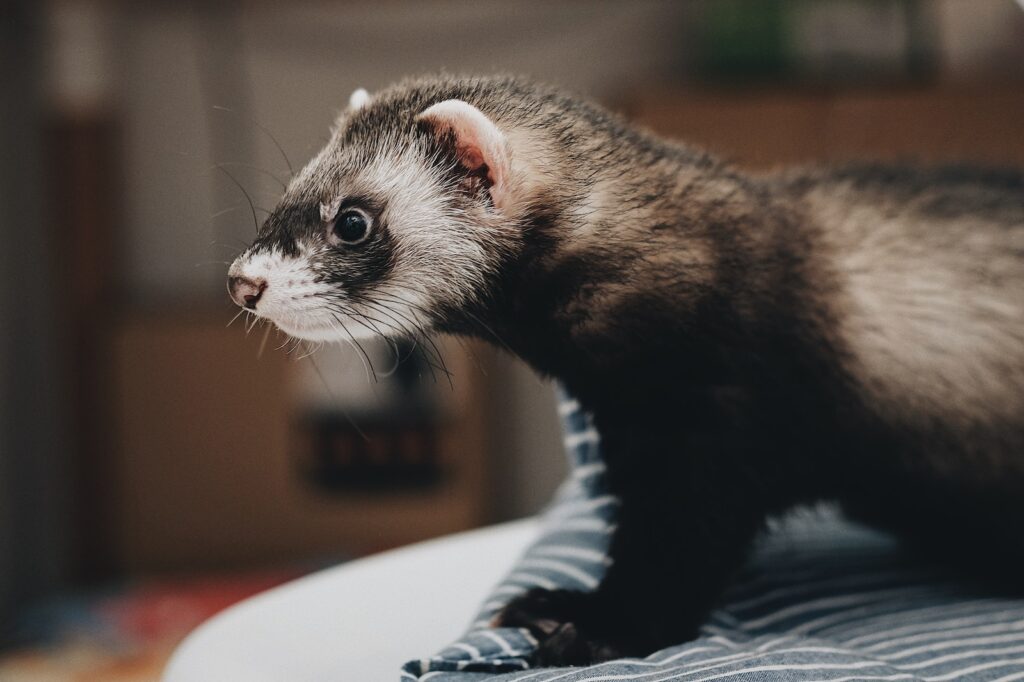Is It Safe for Ferrets to Munch on Bones? – Yes, With Caution
Bones can be a crunchy treat for your ferret! Not only do they love the taste, but bones also help clean their teeth and provide them with necessary nutrients. However, not all bones are safe, so it’s important to choose the right kind and size. Let’s dive into why ferrets can benefit from this snack, but with some safety tips in mind.
The Benefits of Bones for Ferrets
-
Natural Dental Care for Pearly Whites
Chewing on bones is a natural way for ferrets to keep their teeth clean and healthy. As they gnaw, they scrape off tartar and reduce the risk of dental issues.
-
Rich Source of Nutrition
The marrow inside bones is a rich source of nutrients like calcium and phosphorus, which are great for your ferret’s bones and overall health.
-
Supports Instinctual Behaviors
Giving your ferret bones supports their instinctual need to chew and provides mental stimulation that keeps them happy.
Fitting Bones into a Ferret’s Diet
The size and type of bone are crucial for your ferret’s safety. Small, raw bones from poultry like chicken wings or necks can be a good option, but always under supervision. Bones should be introduced gradually and shouldn’t exceed 10% of your ferret’s diet. Always monitor your pet while they enjoy their treat to prevent any choking hazards.
Important Precautions When Feeding Bones
While bones can be beneficial for ferrets, there are crucial precautions to keep in mind. Avoid cooked bones, as they can splinter and cause internal harm or choking. Also, make sure the bones are not too small to prevent swallowing whole. Introduce bones slowly into their diet to watch for any digestive upsets. Always supervise your ferret during bone-chewing sessions to ensure they’re safe and not biting off more than they can chew!
Can Other Pets Enjoy Bones Too?
Cats and dogs often enjoy bones as part of their diets. Like ferrets, these pets need the right type and size of bone and supervision. Before sharing this treat with other pets, it’s best to check with your vet, as each animal’s dietary needs can differ.
Conclusion
To wrap it up, bones can be a healthy part of your ferret’s diet when the right types of bones are chosen and given in moderation. They help with dental hygiene and provide nutrients and mental stimulation. Remember, always keep an eye on your ferret to ensure safe feasting and speak to your vet if you have any concerns. Happy and safe chewing to your furry friend!



